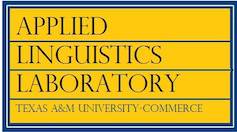Pedagogical implications of teaching codes of ethics at tertiary level: An Italian case study
DOI:
https://doi.org/10.21283/2376905X.12.206Keywords:
CODES OF ETHICS, LANGUAGE TEACHING, ENGLISH FOR SPECIFIC PURPOSES, GENRE-BASED INSTRUCTIONAbstract
The study investigates the use of codes of ethics in teaching English as a Foreign Language (EFL) to students enrolled in a first- level master’s course in Marketing Management in an Italian public university. According to Bhatia (2002), genre-specific documents such as codes of ethics have the potential to “sensitise and prepare students to meet the communicative demands of disciplinary communication” (p. 13). Within the theoretical framework of genre analysis and its possible implications for language teaching, this paper focuses on learners’ perceptions and achievements in EFL learning using corporate codes of ethics, presented to students both theoretically and on a practical level. A pre-questionnaire, pre- and post-test, and abridged post-treatment questionnaire were used to collect data. The goal of the five-week study was to demonstrate that genre pedagogy caters to learners’ needs, raises rhetorical and genre awareness, and fosters language awareness at a micro-textual, lexico-syntactical level.
Downloads
Published
How to Cite
License
Copyright (c) 2020 Cinzia Giglioni

This work is licensed under a Creative Commons Attribution 4.0 International License.


